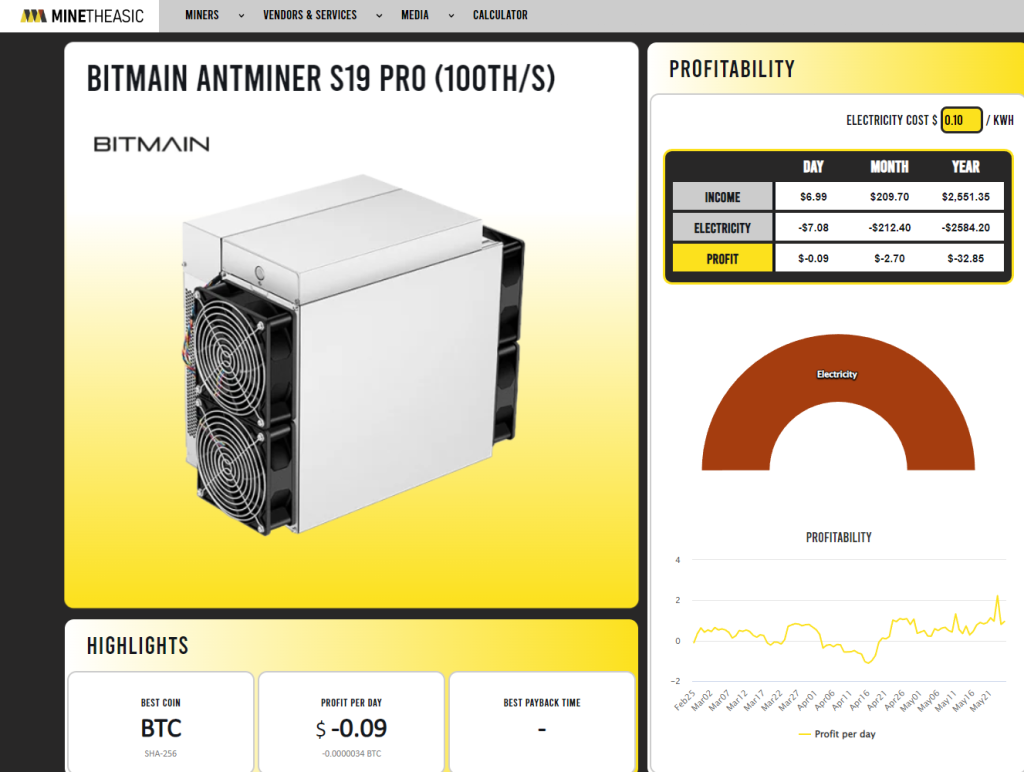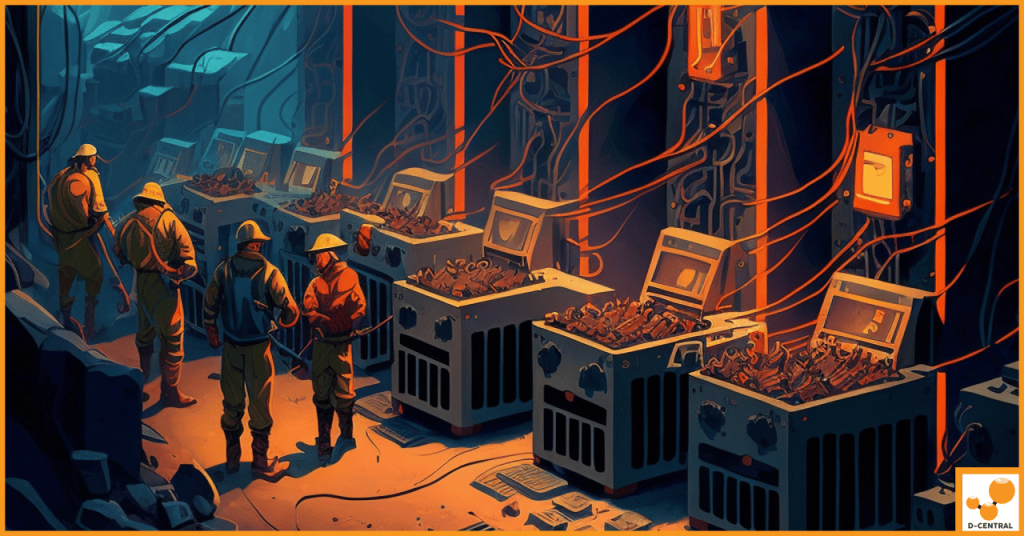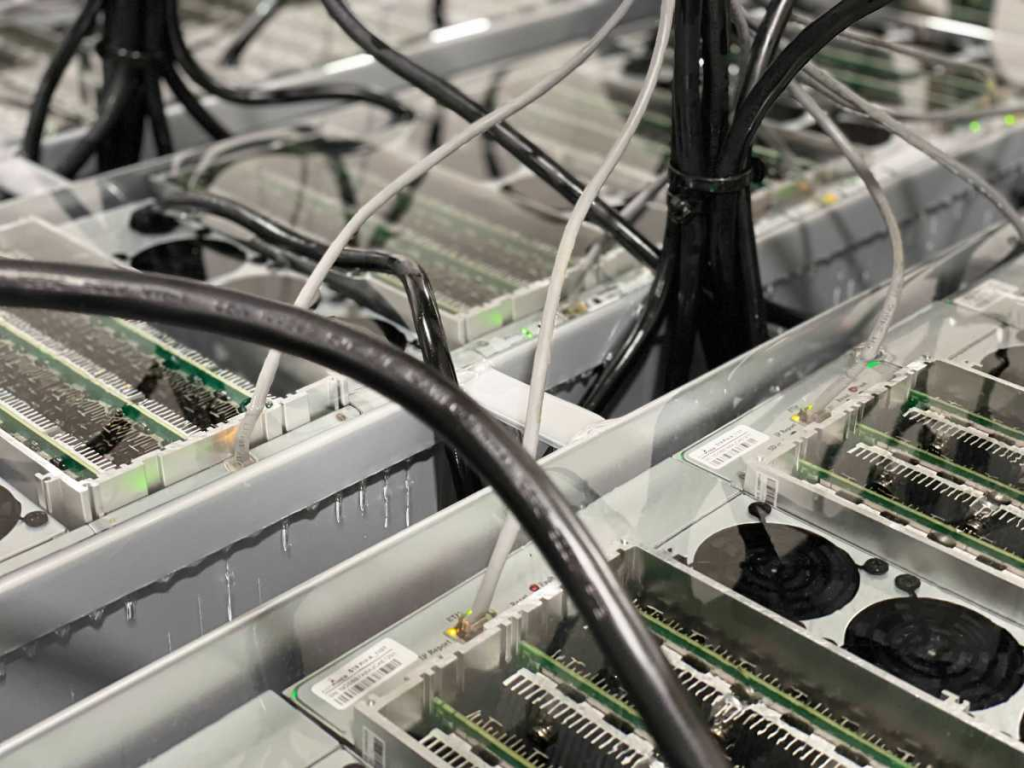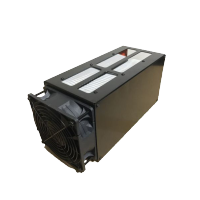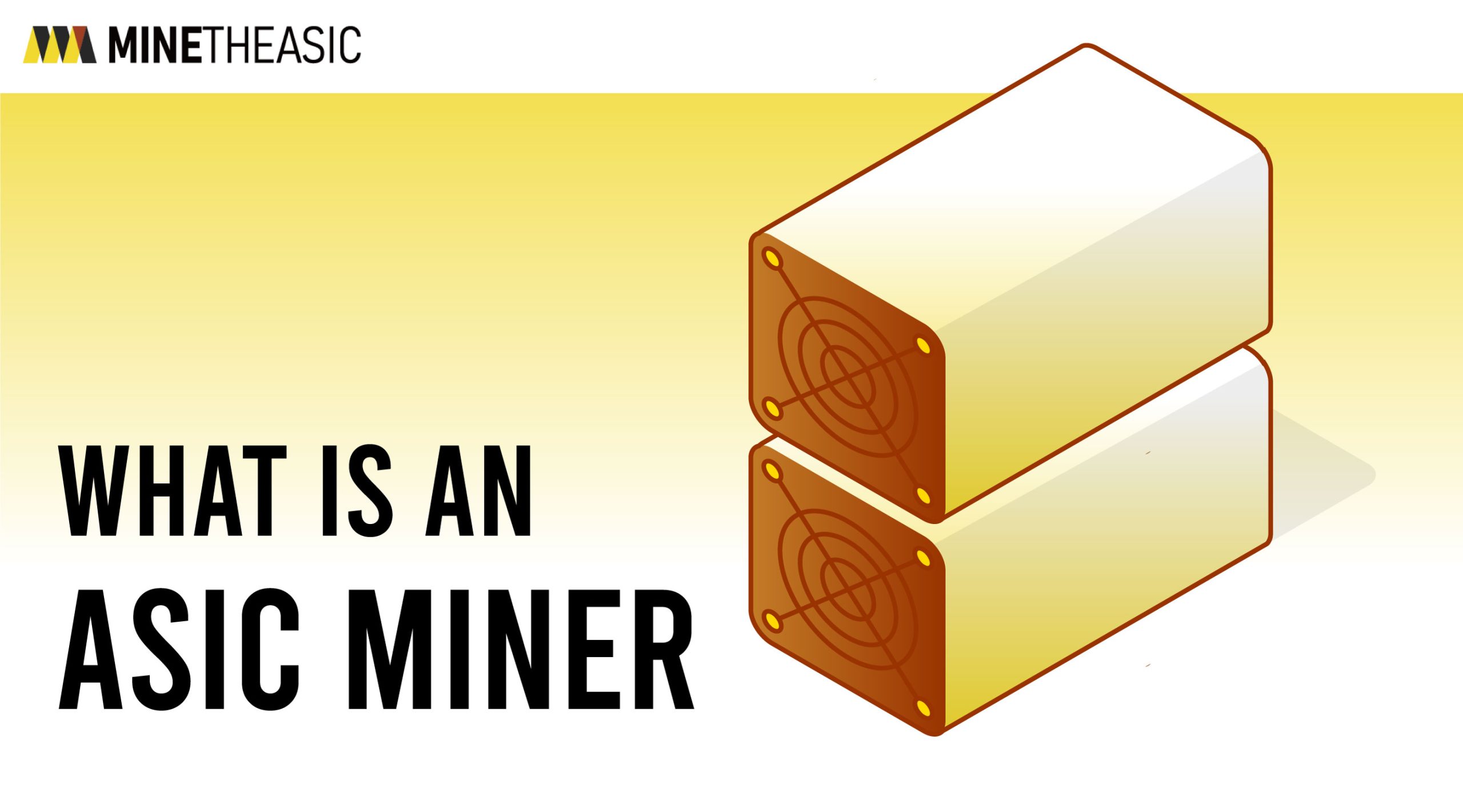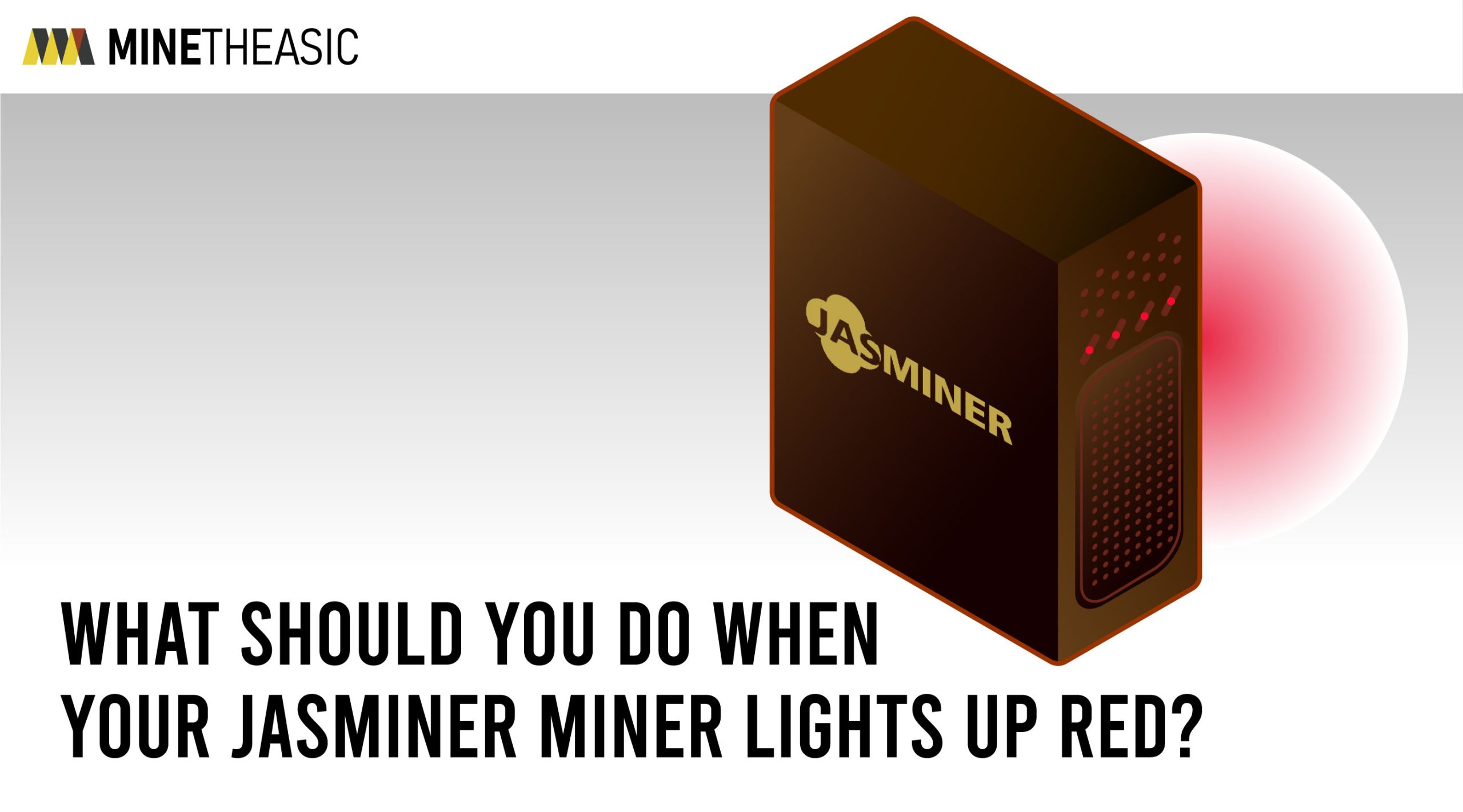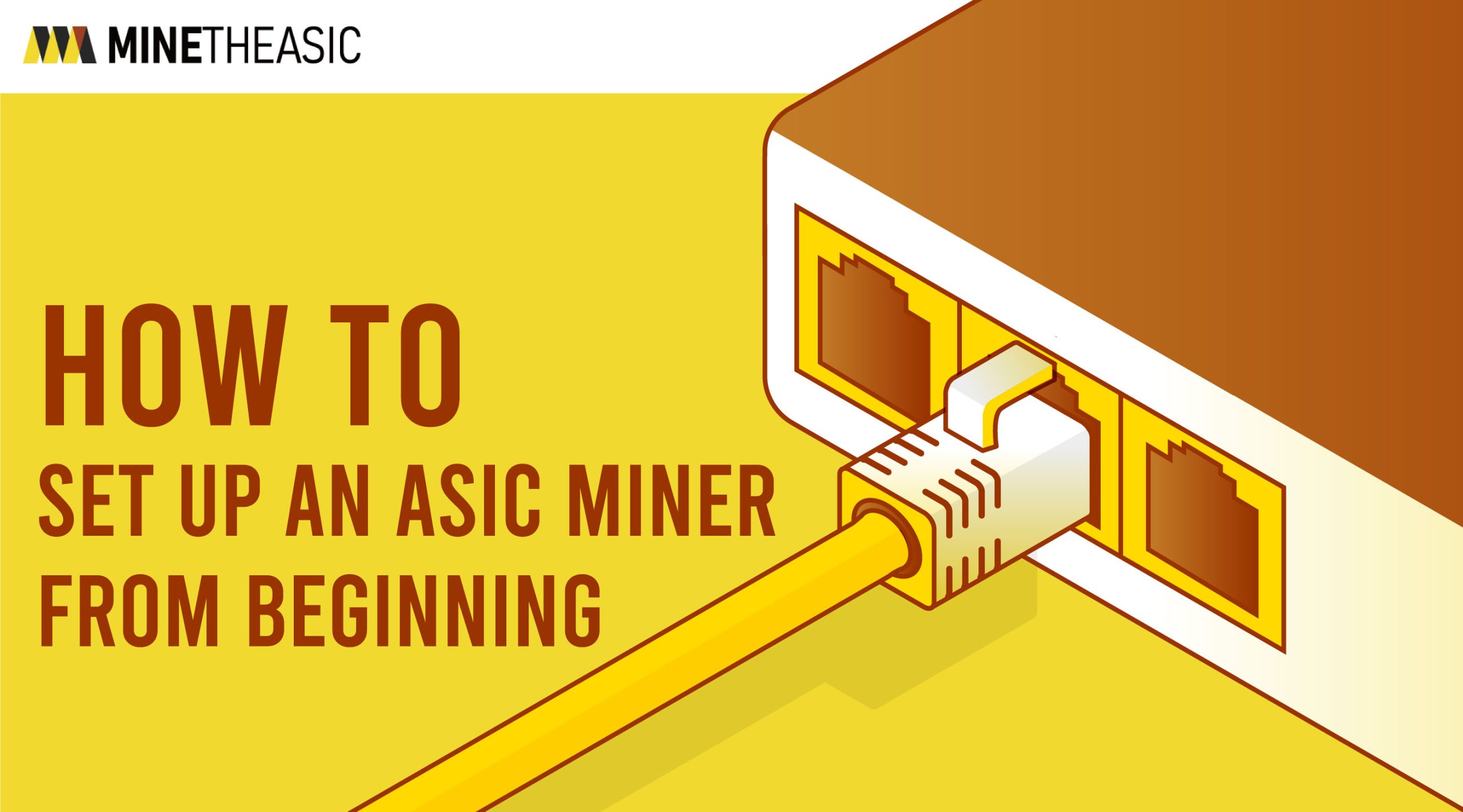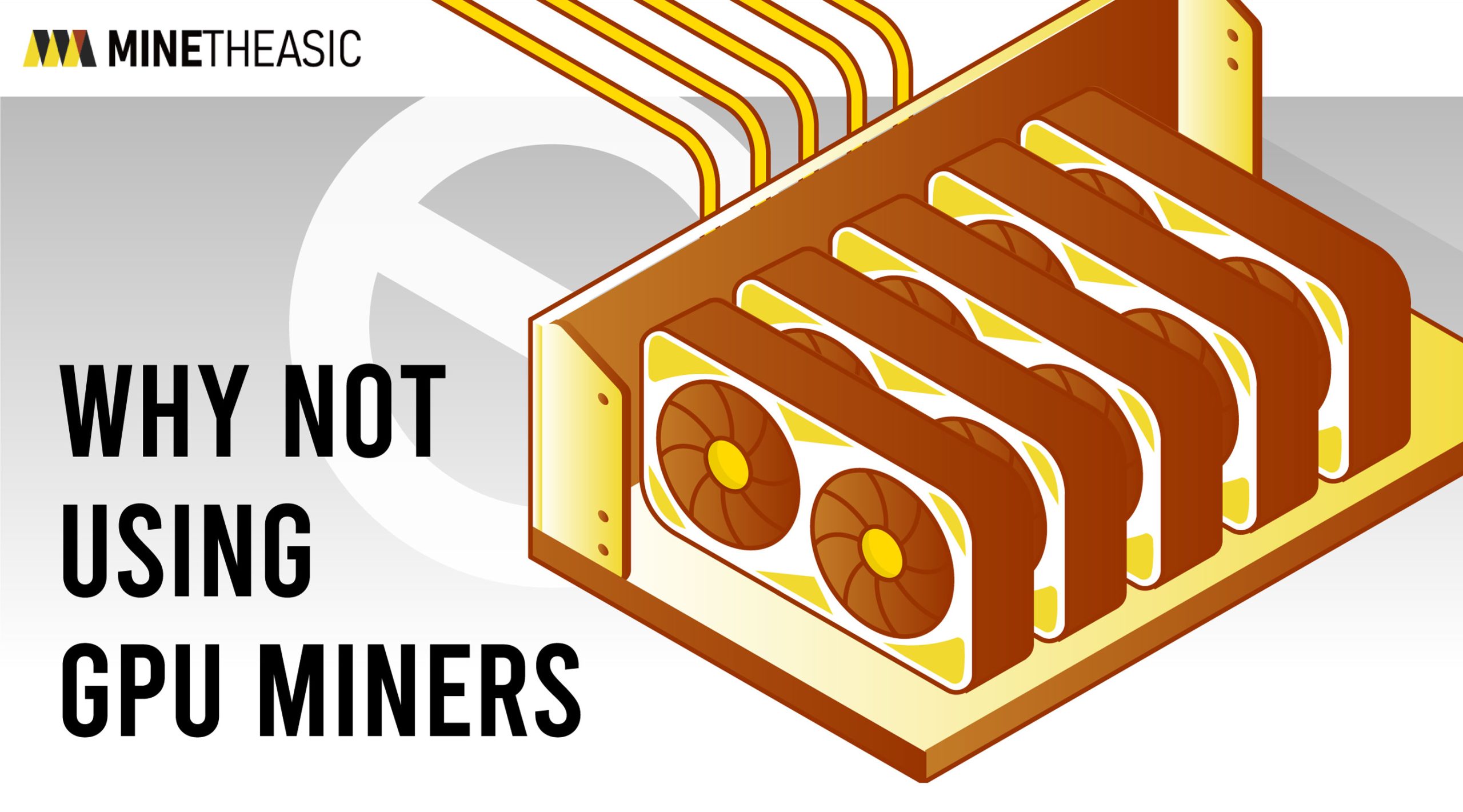ASIC (Application-Specific Integrated Circuit) miners are a crucial piece of equipment in the crypto mining industry.They are designed specifically for mining cryptocurrencies and are known for their efficiency and effectiveness.
ASIC miners are today’s most powerful, effective, and profitable hardware for mining cryptocurrencies. It’s important you calculate your potential profit using an ASIC miner to know how long it will take to make the equivalent of the cost of your ASIC miner and how much longer it will be before you start making a net profit. So, how long does an ASIC miner last?
In this article, we will discuss some of the characteristics of the Asic mining pool and precautions during use. Of course, the most important thing is how to get the maximum benefit from your machine before it is scrapped.
Generally, ASIC miners are projected to last for about 3-5 years, although your machine can last more than this range if used and maintained well enough. It could also break down within a few months if not maintained properly or used in poor conditions.For any miner, the lifetime of an ASIC mining machine is one of the most important considerations. Mining demands a lot of ASIC machines, but high-quality models are built to withstand relentless hashing. Still, many miners opt to push their machines to the limit for maximum output, which can cut short a machine’s lifespan.
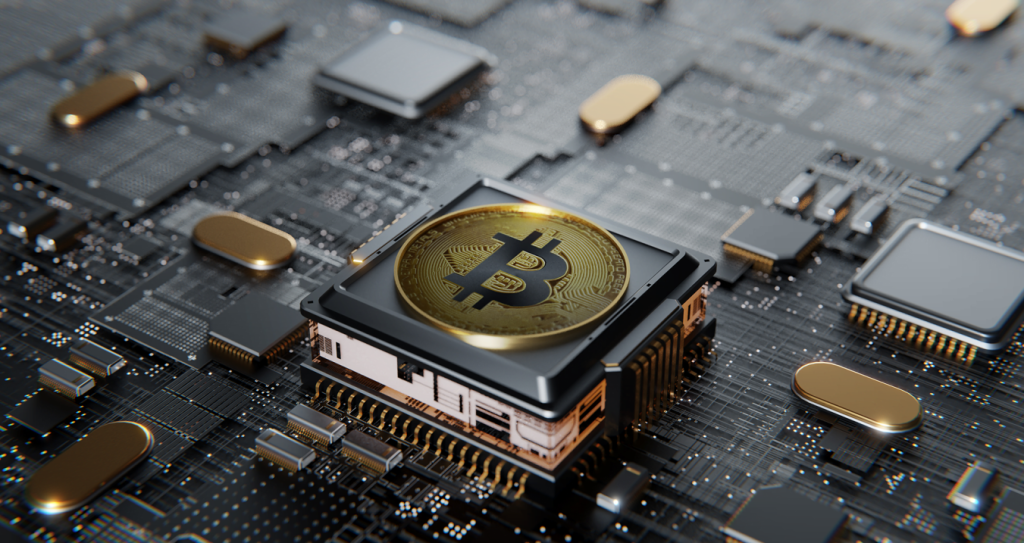
What factors shorten the life of your machine?
There is an indisputable fact that the service life of the mining machine directly determines your income. No absenteeism worker wants the machine they purchased to fail. The cost control during the use of the machine needs to be well arranged, such as the power consumption of the machine, the daily care of the machine, the update and maintenance of the software and hardware of the machine, and whether the machine is strictly operated according to the factory specifications. So, which ones are fatal and unavoidable damage to the life of the machine?
Hardware failures:
The hardware in ASIC miners can fail because of regular wear and tear, excessive use, or manufacturing defects.
The most common hardware failures include broken fans, burnt-out chips, and damaged power supplies. These failures can cause the miner shutting down, producing errors, or becoming unstable.
Power supply problems:
Power supply issues are another common problem with ASIC miners. Power surges, voltage fluctuations, or incorrect wiring can lead to issues with the power supply unit (PSU).
This can cause the miner to shut down or not power on at all. Sometimes, the PSU may need to be replaced entirely.
Cooling issues:
ASIC miners generate a lot of heat when in operation, and cooling is essential to prevent overheating and hardware failure.
If the cooling system fails or is insufficient, the miner can overheat, leading to hardware failure. This can be caused by clogged air filters, damaged fans, or malfunctioning water pumps.
Software issues:
ASIC miners are controlled by software, which can also encounter problems. This can include errors in the firmware, issues with the operating system, or problems with the mining software itself. These issues can cause the miner to become unstable, produce errors, or not work at all.
Networking issues:
ASIC miners require a stable network connection to communicate with the mining pool and receive instructions.
Networking issues, such as dropped connections or slow speeds, can cause the miner to produce errors or stop working altogether.
Hashboard failures:
ASIC miners are designed with multiple hashboards that work together to mine cryptocurrencies.
If one or more of these boards fail, the miner’s overall performance can be affected, leading to lower efficiency and profitability.
Environmental factors:
Environmental factors such as temperature, humidity, and dust can also affect ASIC miners’ performance.
High temperatures can cause the hardware to overheat, while humidity and dust can clog air filters and damage the hardware.
However, like any other piece of equipment, ASIC miners have a limited lifespan and may require repair and maintenance. ASIC miners are a popular choice for mining operations in the mining industry.
They can last for several years before they need to be repaired, but the exact life expectancy varies depending on the make and model of the miner.
If a miner needs to be repaired, it is important that it is done properly by an experienced repair service or service center.
For example, Antminer repair services are available from many companies and usually involve replacing or repairing the control board and other components that have gone bad. Here is a model:
The model, maintenance, and manufacturing date all determine the lifespan of an ASIC. For example, the latest antminer, the Bitmain Antminer S19 Pro, is expected to have a lifespan of over five years. Other antminer models like the Antminer S9 last up to 3 years. Whatsminer M30S+ has a lifespan of four years, while AVALONminer 1246 and AvalonMiner 1166 Pro can last up to 4 and 5 years, respectively.
The cost of repairs can vary but is often quite affordable considering the time saved in mining operations without having to replace a faulty ASIC miner.
To overclock or not to overclock?
For most machines, the most important factor that really damages the life of the machine is overclocking. This is also easy to understand, after all, overclocking machines can make absenteeism more profitable.
In simple words, overclocking is “pushing” an ASIC beyond its standard capabilities. First of all, miners use overclocking in order to increase income, but this is not the only advantage. This article will tell you more about the pros of overclocking and explain how to overclock your ASICs properly to earn more, increase power and save money.
Let’s take a closer look at the advantages of overclocking:
Overclocking improves the performance of the devices, which has a positive impact on revenue. It can also be used to reduce power consumption, which is also good for your net profit — you’ll spend less money on paying electricity bills
Selecting an overclocking profile adjusts and optimizes frequencies and voltages. As a result, the ASIC is more stable and its chips “live” longer. This way, you reduce the chances of sudden expenses for repairs or purchase of new devices due to the failure of the old ones.
By choosing a specific profile, you can optimally “adjust” to the ambient temperature. For example, if it’s too hot in the room, you can go for a profile that consumes less power — accordingly, the temperature of your ASICs will also be lower, and you will minimize the danger of overheating.
However,overclocking has many advantages, but it can also lead to some difficulties:
A higher mining speed also means a higher temperature. Therefore, you will have to pay even more attention to your equipment and ensure heat dissipation and ventilation — otherwise your ASICs can overheat.By overclocking devices as much as possible, you also maximize power consumption, which will increase expenses accordingl,you may have to buy new power supplies for your ASICs in order to reach the maximum possible speed. Factory power supplies may be not enough for the desiredover clocking profile.And,Maximum overclocking can lead to numerous device errors.
Can ASIC miners be repaired?
The good news is that many ASIC miners can be repaired, depending on the specific issue and the availability of parts.
Repairing an ASIC miner can be done by yourself, however, it requires a certain level of technical expertise and knowledge. It is important to determine whether the repair is workable or if it is necessary to send the miner to a repair service.
The most common components that may require repairs are control boards, power supplies, and mining machines. If you’re considering repairing your own ASIC miner, it’s important to understand the exact issue before attempting any type of repair work.
ASIC miners are complex pieces of equipment that require specialized knowledge and tools to diagnose and repair.
Most miners like Whatsminer, Antminer S19 or S9 have control boards, power supplies, cooling systems, and multiple hashboards that need to work together seamlessly.
Repairing an ASIC miner can be challenging, and it requires a good understanding of the machine’s inner workings.
How to maintain and repair your Asic miner
As a kind of machine, Asic mining machine has some operations and factors that are harmful to the machine mentioned above, but the purpose and end use of the machine itself is to serve absenteeism and obtain the maximum benefit, so as a qualified Absenteeism, learning how to maintain and extend the life of the machine is also very important. So how to do it, here are some suggestions:
Provide cooling systems: ASICs produce a lot of heat and noise, which may wear out their moving parts and slowly reduce their efficiency over time. ASICs have a temperature range in which they can work (usually between 85ºC and 125ºC). Set up your mining rigs in a location where the natural climate provides cool weather all year round, and use cooling systems such as immersion cooling.
Stable electricity: unstable power supply can destroy your ASIC machine, especially when the rig is not earthed. Use stabilizers to keep the voltage constant and set up a backup power supply.
Regular maintenance: ASIC machines do not require daily maintenance. Once the cooling system is up and running, you can usually find the status of your ASICs on a dashboard and find any issue as it occurs. Besides that, regular physical inspection is necessary to locate mechanical faults.
Mining equipment like ASIC miners are powerful and efficient, but their longevity depends on the care taken to ensure they remain in top condition. By taking proactive steps such as regular maintenance and preventive measures, you can help extend the life of your mining equipment for many years down the line. Regular cleaning is essential for keeping dust buildup at bay, while proper ventilation and cooling systems will help reduce heat build-up which could damage internal components over time. Additionally, it’s important to be mindful of environmental factors such as humidity levels and temperature swings that could cause condensation damage due to sudden changes from cool to warm temperatures. With these tips in mind, you can take care of your mining equipment and ensure maximum performance over several years!
The above are some simple and conventional machine maintenance plans, but in fact, during the operation process, the problems encountered by the machine are all kinds of strange and various. For example, if the power supply is damaged, or the circuit is short-circuited, or the control board is damaged, the warranty of the machine will be mentioned when purchasing the machine. Usually, it is a half-year or one-year warranty. During the warranty period, any problems with the machine can be contacted by the manufacturer or you. However, after the machine is out of warranty, these repair and maintenance costs need to be paid by yourself. Therefore, as an absentee, if you are not a professional electrician or a related professional, it is necessary to learn some basic machine knowledge. , such as the power and voltage commonly used by the machine, the optimum working temperature of the machine, and so on.
Finally, I wish all the miners’ machines can perform well, and get more benefits before the life of the machine expires.
